This land in which I dwell, New Zealand, is a ghost land, haunted by the sea. The Pacific tribes who came here before my people have myths to describe and explain it. My own people, a practical lot, have never really bothered with that kind of thing, and they didn’t bring much of their own mythology with them either – they were, after all, running away to make a fresh start. And the other cultures that live here now keep their own traditions which seem to have nothing to do with our shared land.
Because of this, I felt for years like an exile in my own country. I was drawn to old stories and traditions from the North but had to literally turn them inside out to make sense of them here. I tried immersing myself in Maori mythology, but apart from the taniwha found nothing that spoke to my soul, for their mythic language is not my own. But then, neither truly is the Celtic language of my heritage. I have had to find my sense of home, of belonging, in a priestless, bookless way — skin to stone with the world.
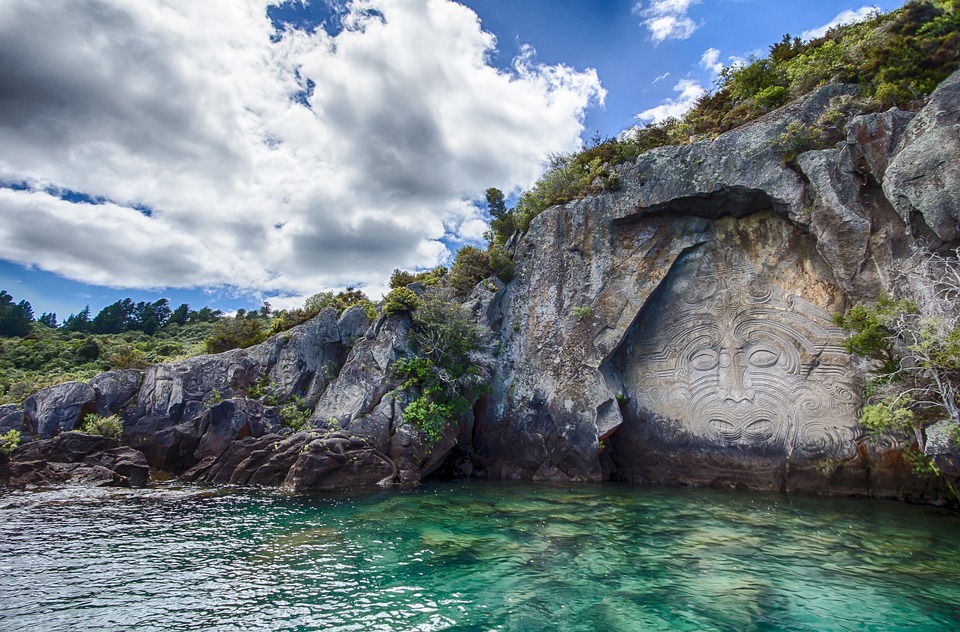
It’s a wilding way, and I’ve been so blessed to have it, because it has taken me down deeper than language, into truth. Seaweed truth, and basalt truth, and the truth of my own heart, which is where home really can be found.
Now I almost never read the old stories except for entertainment. I follow the pagan-hearted seasons of the South, keeping only loose ties with their northern names, which I think ultimately I will release too. I seldom listen to priests, guides, neo-shamans, teachers, leaders. I have given up on archetypes.
I just go walking, that’s all.

I’ve learned that when you let go of human constructs, you actually hear what a river is telling you, what a sparrow is telling you, what a tree reaching for stars is telling you — about their own experiences. The mountain is not an old woman stirring our fates in her cauldron; she is a mountain, burned up with gold and copper, drowned by sea storms. If I see her as a woman, I will only ever see part of myself.
Ursula le Guin and other writers have explored the idea of The Power of Names – that we can know the soul of a thing by knowing its true name. I have always loved old myths and still value them — still think they should be taught to all people — but now I believe they are the first steps on a journey down into the centre of things. To go far, you ultimately have to leave those human-made steps and take wild paths. Follow the badger spoor. Follow the wind. Let go of all the face-names and anthropomorphism, and just listen to the world.
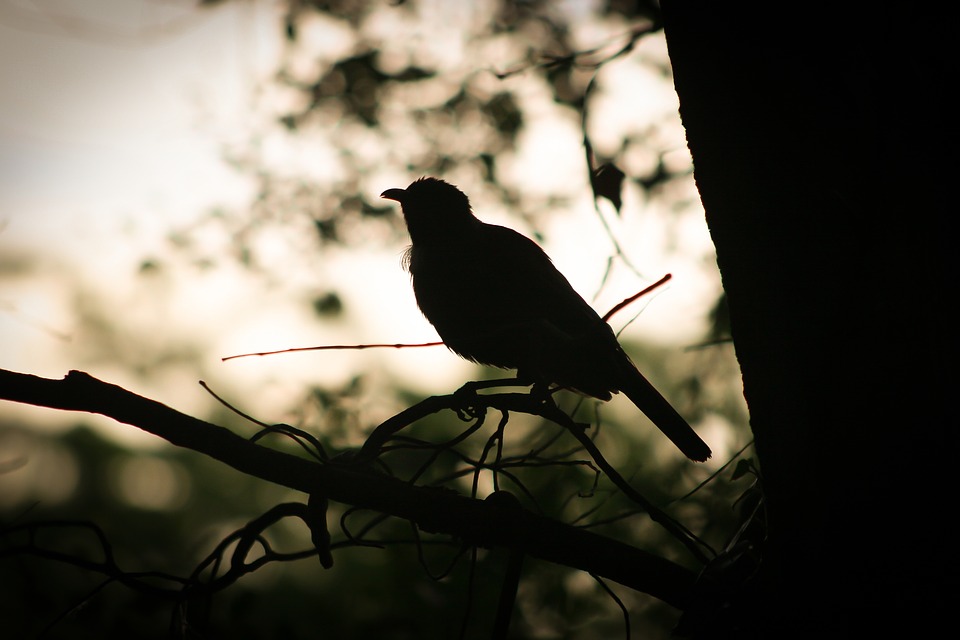
Then come back telling stories.
Stories of the harp-song that shell and tide make together, and how the wind moves to it.
Stories of the slow pilgrimage of mountains.
Wild, magical stories of truth.
I believe this is urgent work. I think there is nothing more important that any of us can do than come to value, for example, a tree simply because it is a tree, a living thing that deserves to go on breathing. Don’t get me wrong, mythic tales are also vitally important, and we need as many of them as we can get, old ones and new ones, to support our journey into truth. I write them myself, and love those of other people too. I’m only saying that beyond those stories are deeper, more ancient, more real and magical ones – the stories the world tells us about itself. Those are the ones we need most desperately to know, hear, pass around, and honour.
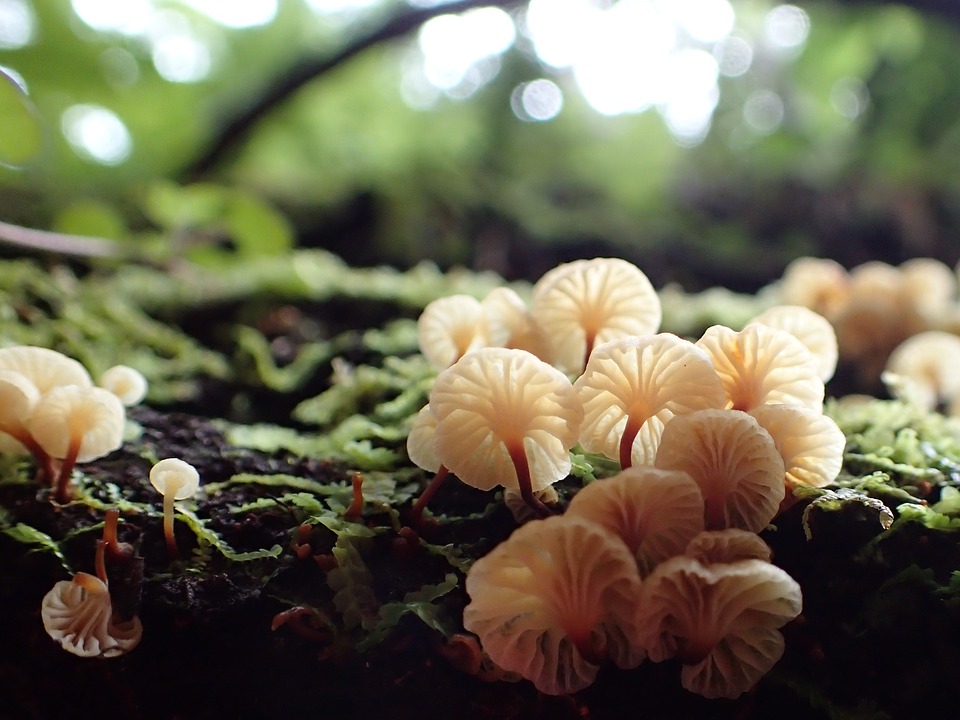
* I mean this literally; as I wrote about in Suburban Magic, my country is on a lost continent, Zealandia, like a dreamer who has wandered away from the old dance.

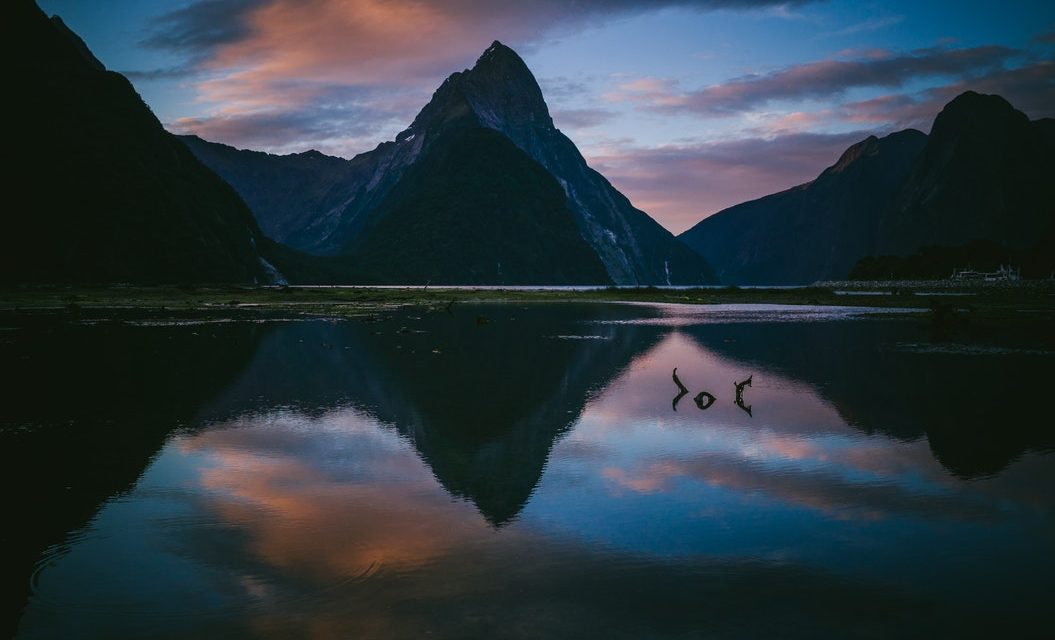
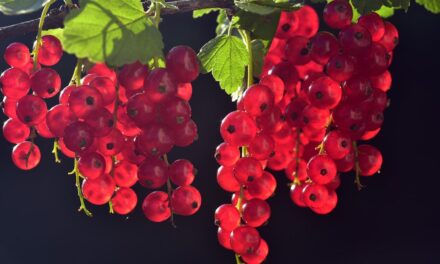
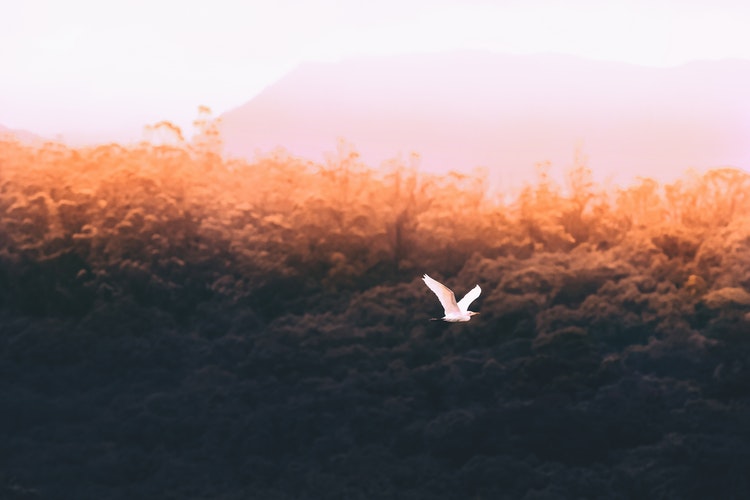
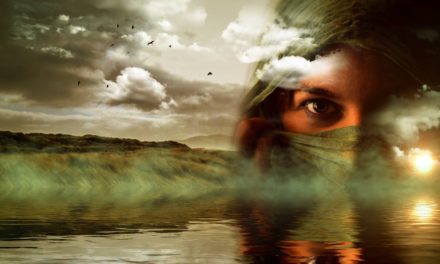
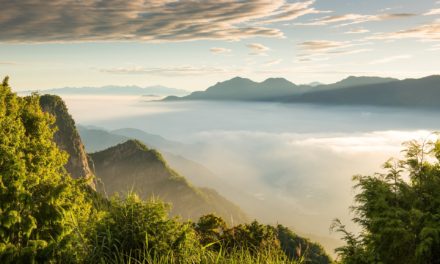

So many things to love in this writing. I am currently leading a seminar on “Leaving Christology: What are we Moving Toward?” Your writing names and clarifies so much of this emerging journey. And your comment on Zeelandia is perfect! I look forward to seeing your website.